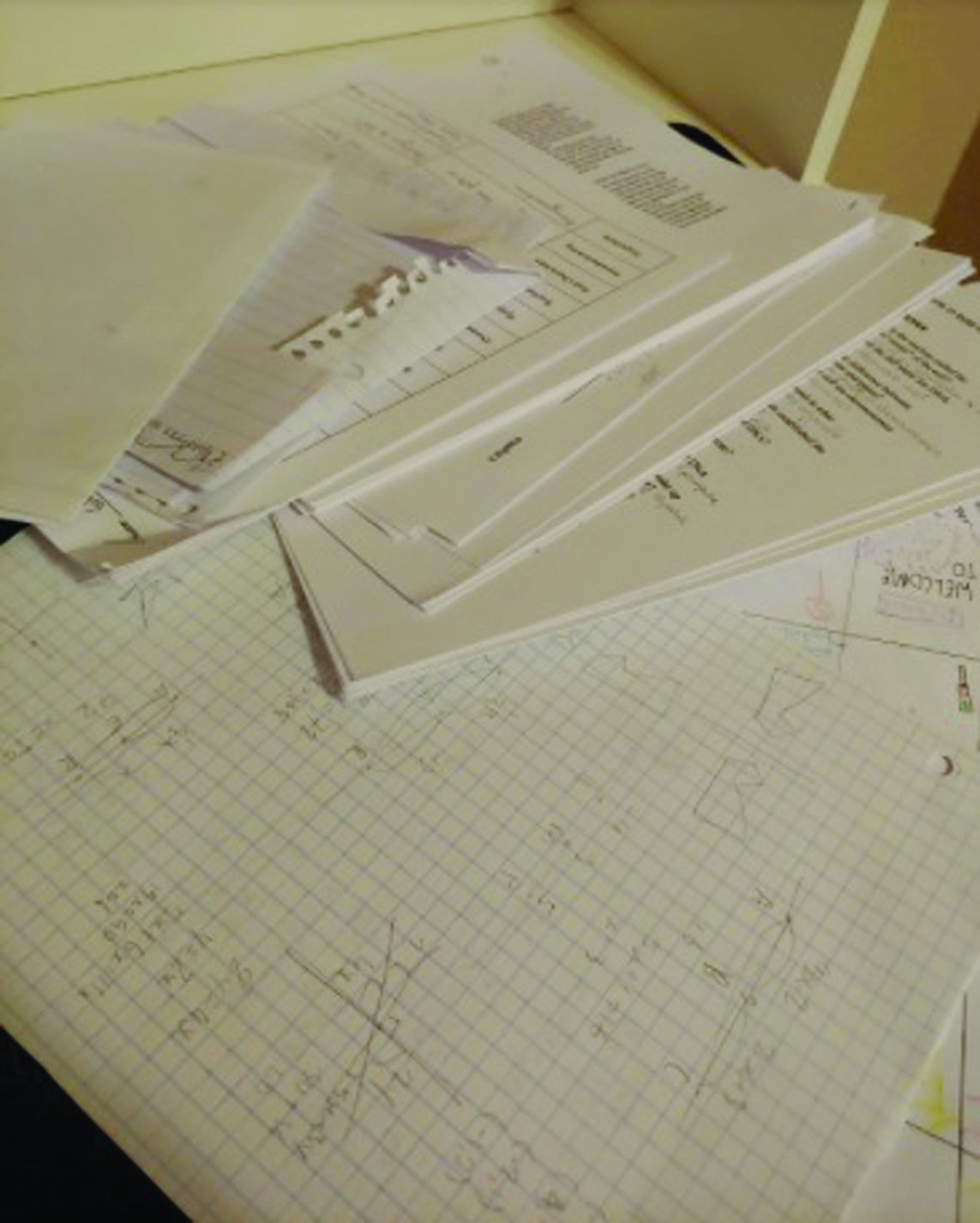Endgame. We’ve all heard of that word before. Marvel heroes buzzing in their gallant suits, costumes, weapons, superpowers and whatnot, fighting with all their might to save the world and humanity, against all odds, from the ultimate malevolent lunatic- Thanos.
Now, out of the theatre, (or off of your Disney Plus stream, especially during this time of peril caused by the coronavirus pandemic), our world itself, is in fact in its own Endgame. We’re rapidly, and rather certainly, driving Earth towards its doom- and this time, a finger snap won’t do anything. It is time for our generation to be the glistening heroes.
So far, recent decades have been, in the least, disastrous for the environment and the conditions of the planet. According to NASA, average temperatures have risen 1.14 degrees celsius (approximately 2 degrees fahrenheit)- forcing the gradual demolition of natural habitats and rising sea levels to the point in which nations of low elevation, such as the Maldives, Cambodia and, even within the country, Florida, are in critical danger. However, as much as this seems to be too ubiquitous and mammoth of a scale for civilians to influence, there in fact, is a prominent way one can help slow this traumatizing change. Much of the educated population would already acknowledge the fact that much of the rising temperatures are prompted by abnormally gargantuan amounts of carbon gas emissions. By practicing consistent recycling, it is possible to efficiently lower these detrimental chemicals.
Despite the fact that recycling may seem relatively easy to practice in comparison, it is evident that many societies lack education and urgency on this matter. Upon interviewing fellow students, such conclusions were succoured. Angela Liu, a high school freshman, spotlighted that “recycling ought to be emphasized harder” as “future generations need to be educated about the proper ways to take care of the planet.” She also added that she feels disappointed in the American society for their production of “unfathomable amounts of trash.” Another student, Meredith Chan, expressed that she can sense “increasing awareness on recycling,” but is worried as the “urgency of recycling is low.” By this, she highlights that although the American citizens are aware of the impacts of recycling, it seems as though they cannot care to actually take action.
Every student who was interviewed replied that their most recent formal education on recycling was in elementary school- meaning that most students lack accurate knowledge on the topic and must learn how to recycle voluntarily as they mature. This puts a substantial pressure on the guardian of students to teach them about recycling; however, recycling methods’ laws and regulations are subject to frequent modifications, and independent learning in such manner may be inaccurate. Unfortunately, there are no guarantees that the students can receive any further recycling education at all.

